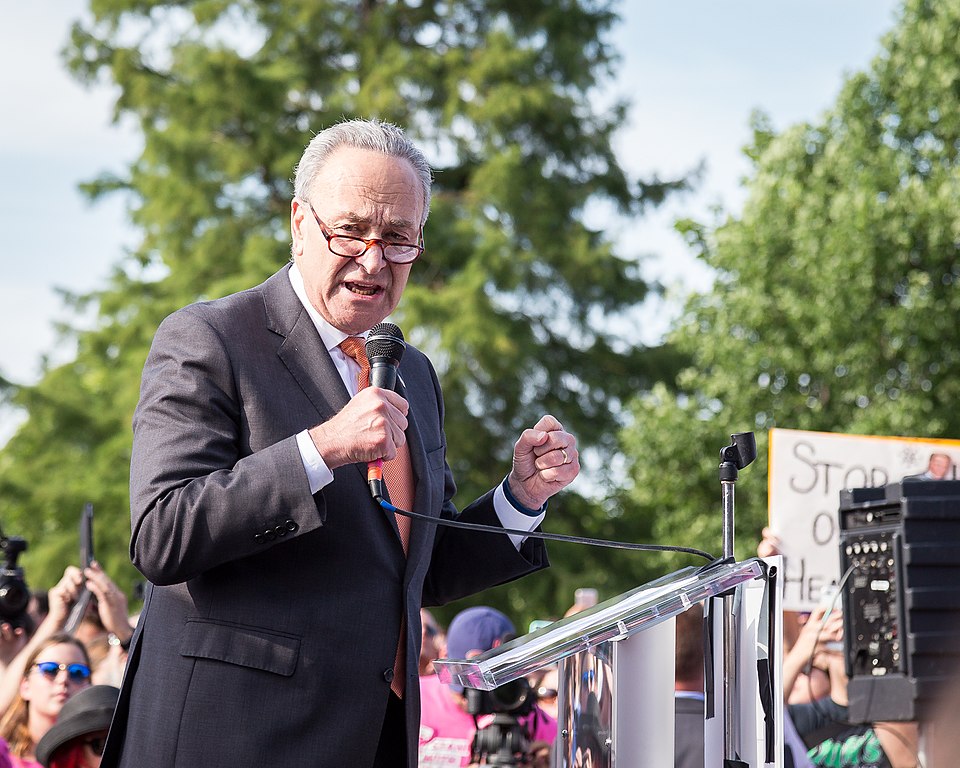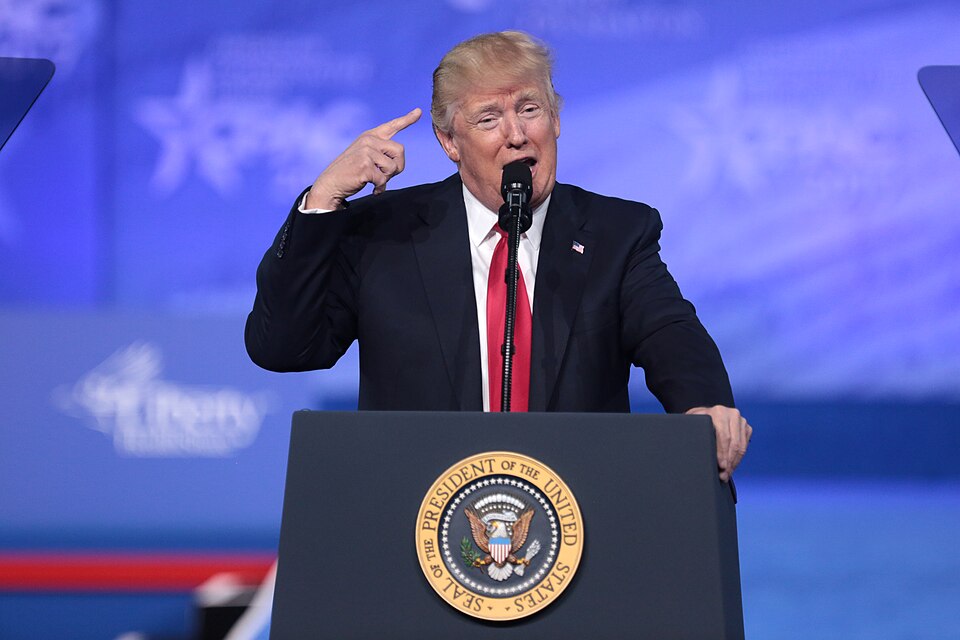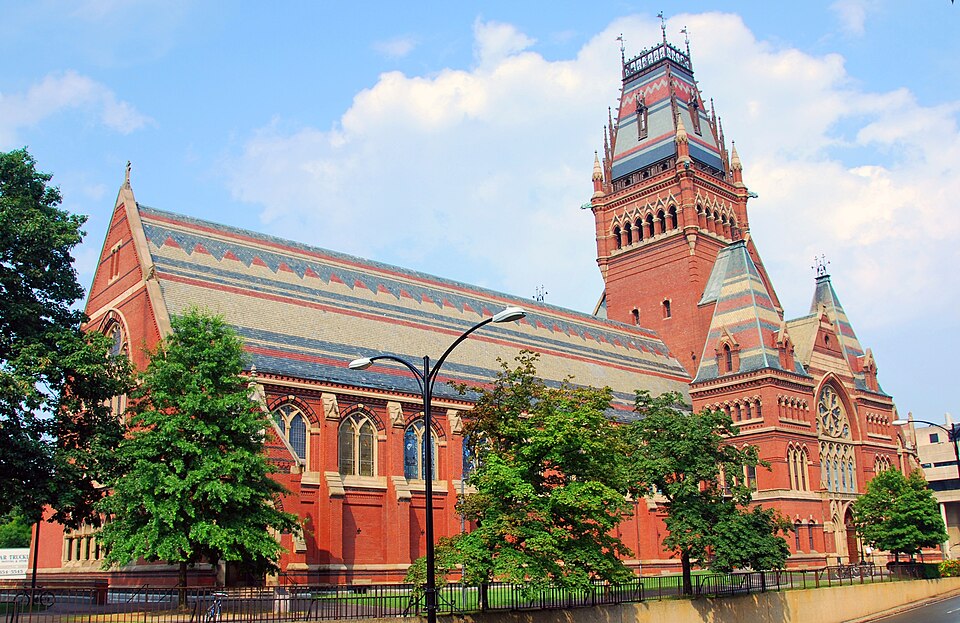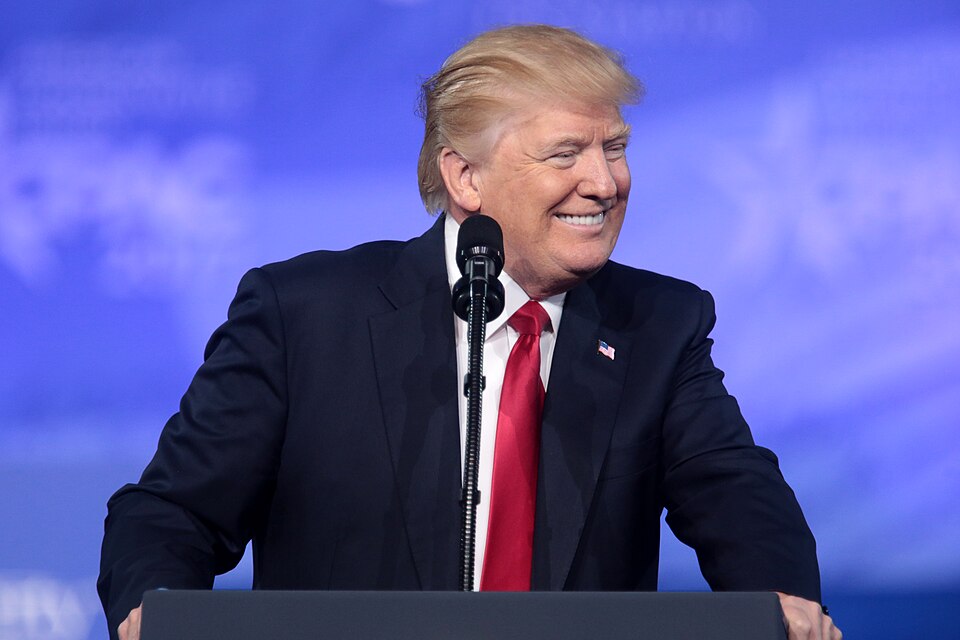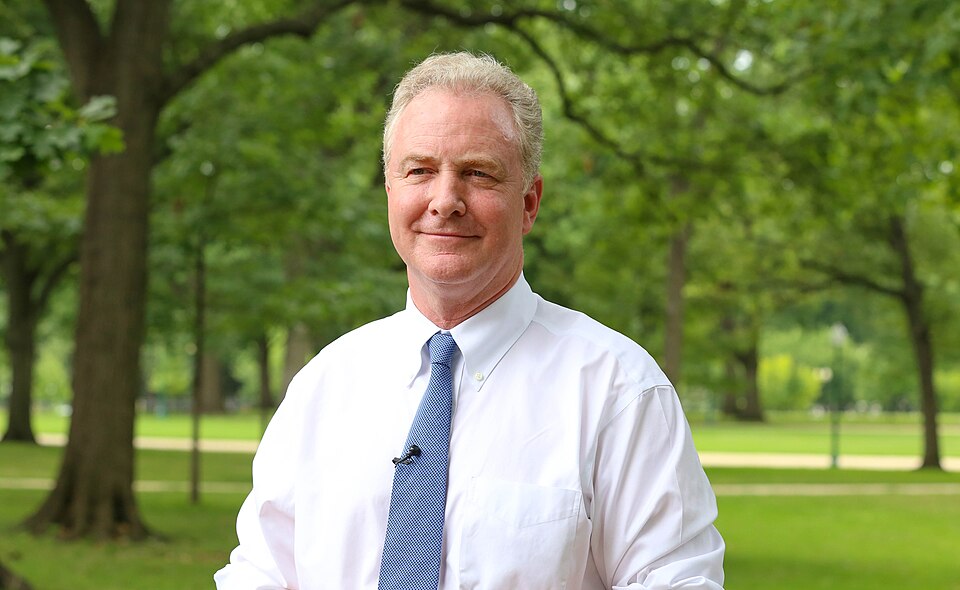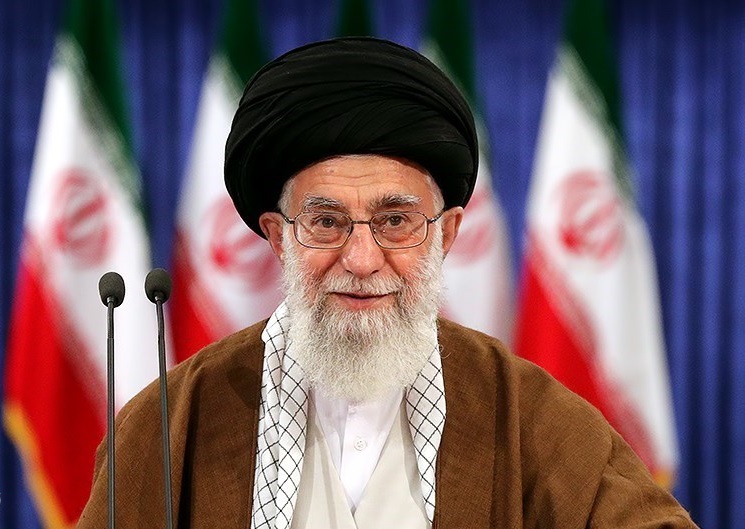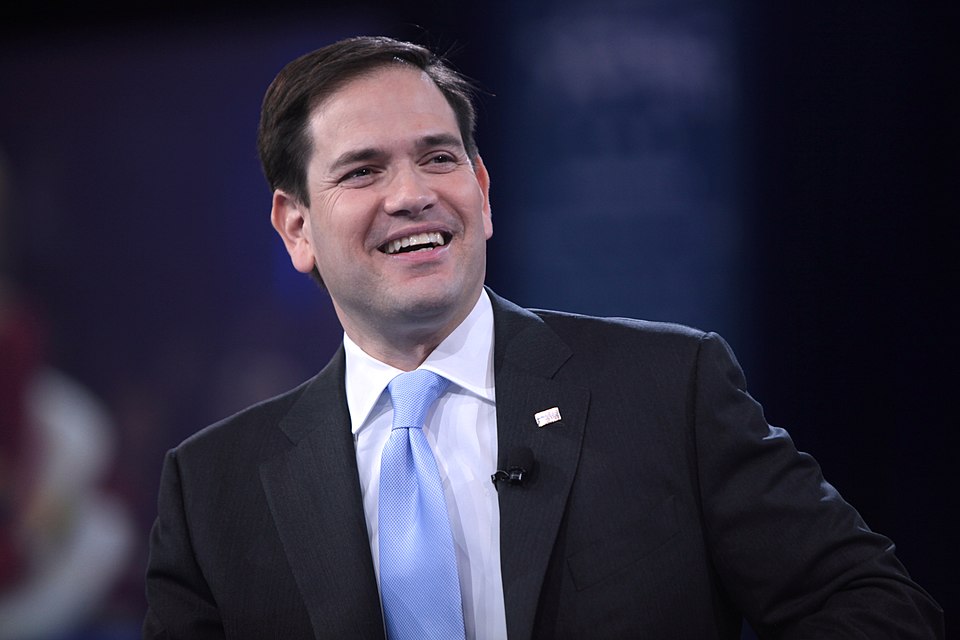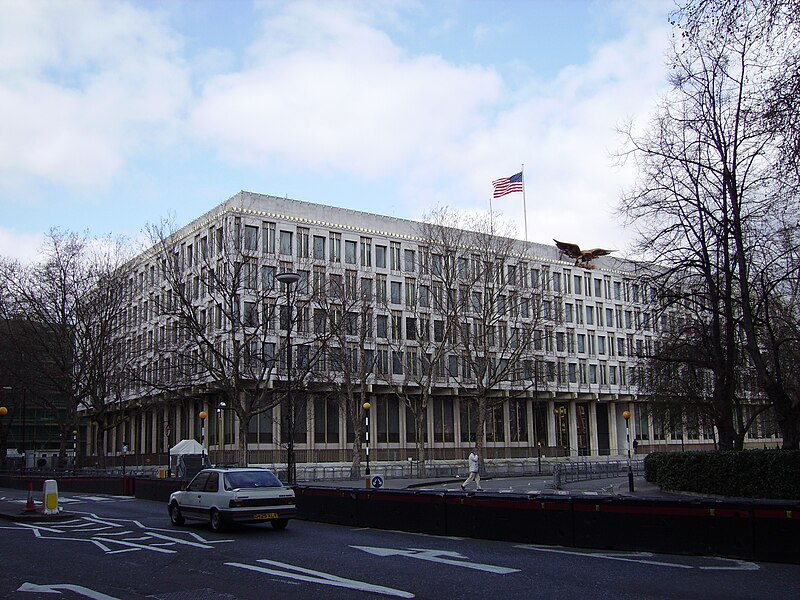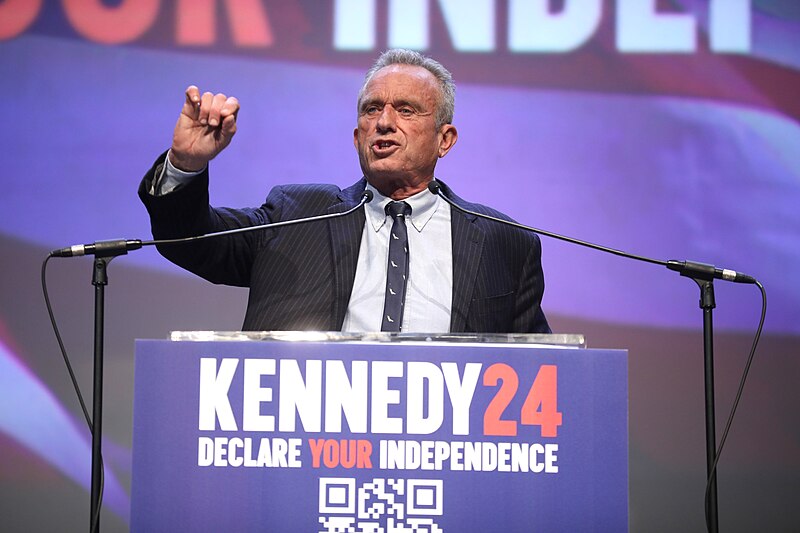
The U.S. Senate confirmed Robert F. Kennedy Jr. as President Donald Trump's Secretary of Health and Human Services (HHS) on Thursday, approving the controversial nominee in a narrow
52-48 vote. Kennedy, a well-known vaccine skeptic, will now oversee a $1.7 trillion health budget, federal vaccine policies, food safety regulations, and health insurance programs that serve nearly half of Americans.
Despite concerns over Kennedy’s stance on vaccines, Senate Republicans largely backed Trump’s pick. The only Republican dissent came from Senator Mitch McConnell, a polio survivor, who also opposed Trump’s nominees for Pentagon chief and director of national intelligence. All Senate Democrats voted against Kennedy’s confirmation.
A Polarizing Figure with a Health Reform Agenda
At 71, Kennedy is a prominent figure in American politics, both due to his family’s legacy and his outspoken views on public health. His influence grew during the COVID-19 pandemic, when he led efforts through a nonprofit organization to challenge vaccine manufacturers and question government health policies.
Kennedy has pledged to "Make America Healthy Again" by shifting public health priorities toward chronic disease prevention, particularly obesity. Many Republicans have embraced this vision, with Senator Thom Tillis stating he hopes Kennedy will "go wild" in cutting healthcare costs and improving overall health.
However, Kennedy’s past rhetoric on vaccines raised alarms among lawmakers. Senator Bill Cassidy, a Republican physician who chairs the Senate Health Committee, only agreed to support Kennedy after receiving assurances that he would not alter current vaccine recommendations.
Scrutiny Over Conflicts of Interest
During Senate hearings, Democrats pressed Kennedy to renounce the long-debunked theory linking vaccines to autism. Some also questioned whether he could profit from changes in vaccine policy.
Kennedy’s financial disclosures revealed he earned over $850,000 last year from referrals to a law firm suing the makers of Gardasil, a vaccine that protects against HPV and cervical cancer. In response, Kennedy vowed to redirect any future referral fees to his son.
Leadership Amid Federal Shakeups
Kennedy steps into the role as HHS faces significant disruptions, largely driven by billionaire Elon Musk’s sweeping federal government overhaul. The restructuring has halted billions in public health funding and created uncertainty for thousands of federal employees.
Adding to the upheaval, the National Institutes of Health (NIH) announced on Friday that it would cap funding for medical research at universities and hospitals, potentially affecting treatments for diseases like cancer and Alzheimer’s.
Kennedy has long advocated for reform within federal health agencies. Last year, he proposed firing 600 employees from the NIH, the nation’s largest biomedical research funder, and has pushed for structural changes at the Food and Drug Administration (FDA) and Centers for Disease Control and Prevention (CDC).
With his confirmation now secured, Kennedy faces the challenge of balancing his reform agenda with growing concerns over vaccine policies, public health funding, and the stability of America’s healthcare system. Photo by Gage Skidmore from Surprise, AZ, United States of America, Wikimedia commons.




